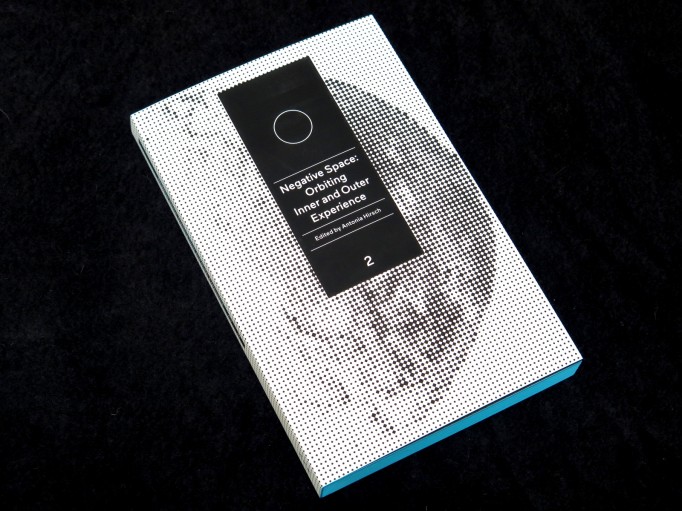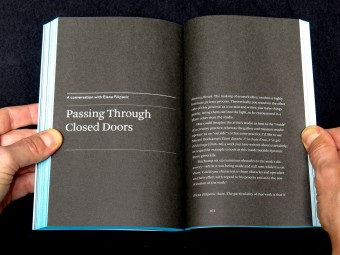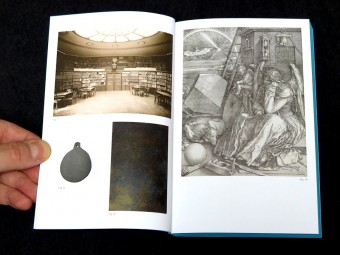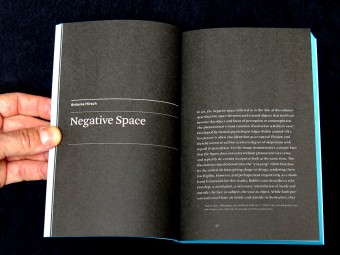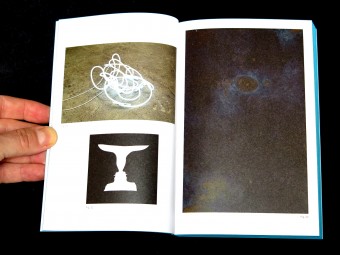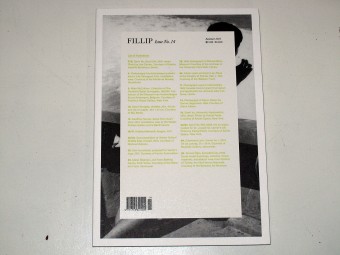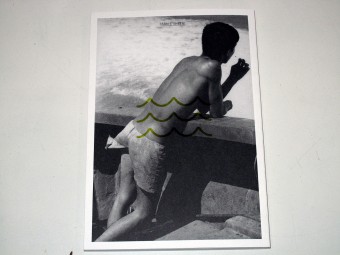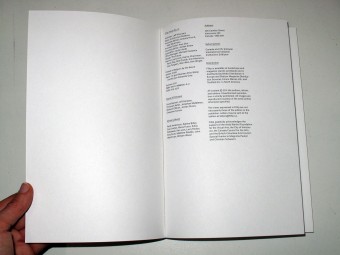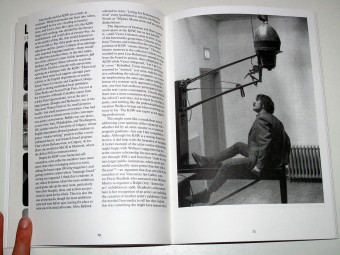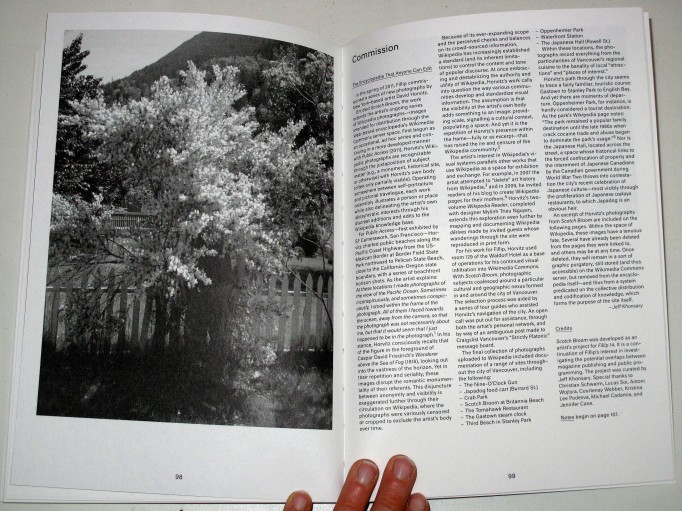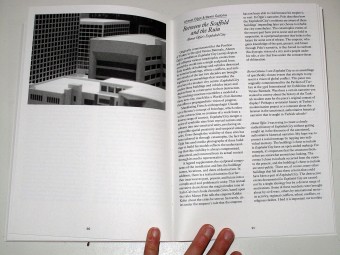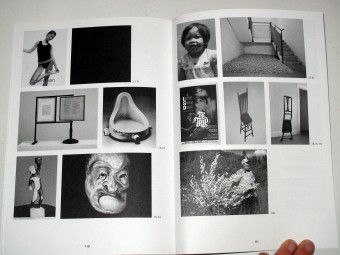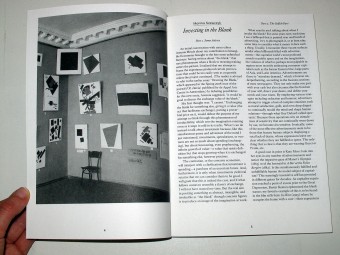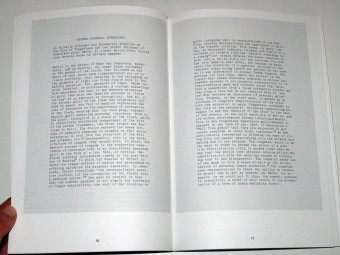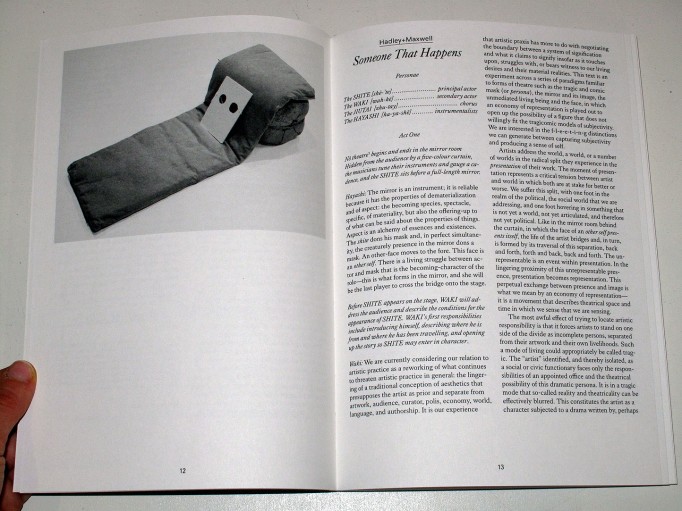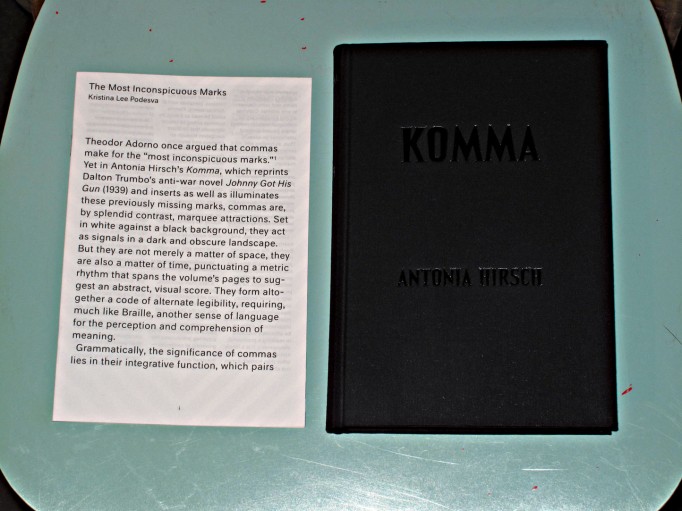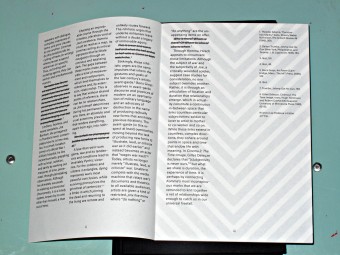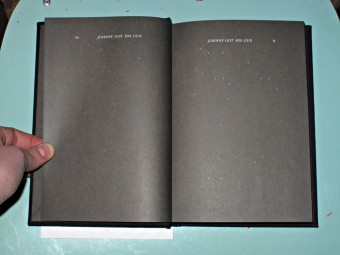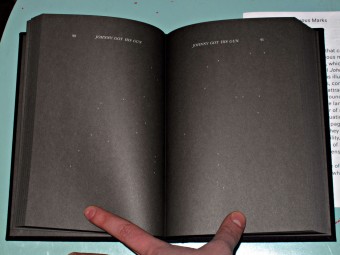Negative Space: Orbiting Inner and Outer Experience (no.2). Antonia Hirsch (ed.). SFU Galleries
Posted in Exhibitions on May 19th, 2016Tags: Antonia Hirsch, SFU Galleries
Antonia Hirsch (ed.) in conversations with and reproduced texts by Theodor Adorno, Lorna Brown, Daniel Colucciello Barber, Elena Filipovic, François Laruelle, Olaf Nicolai, Lisa Robertson, Ana Teixeira Pinto, and Wolfgang Winkler.
Expanding from the exhibition Negative Space, this lateral publication of seven conversations and reprinted texts is a project in its own right to consider the space between and around subjects and objects.
Antonia Hirsch’s practice testifies to a long-standing engagement with the quantitative, spatial and syntactic systems that structure an understanding of our universe. The opposite of chaos, cosmos can be defined as a complex and organized system: the ordered universe. Hirsch’s work often relates these ordering structures to embodied and visual experience, considering how the equivocal and often ideological nature of these representational systems is expressed through a level of abstraction.
12 €

